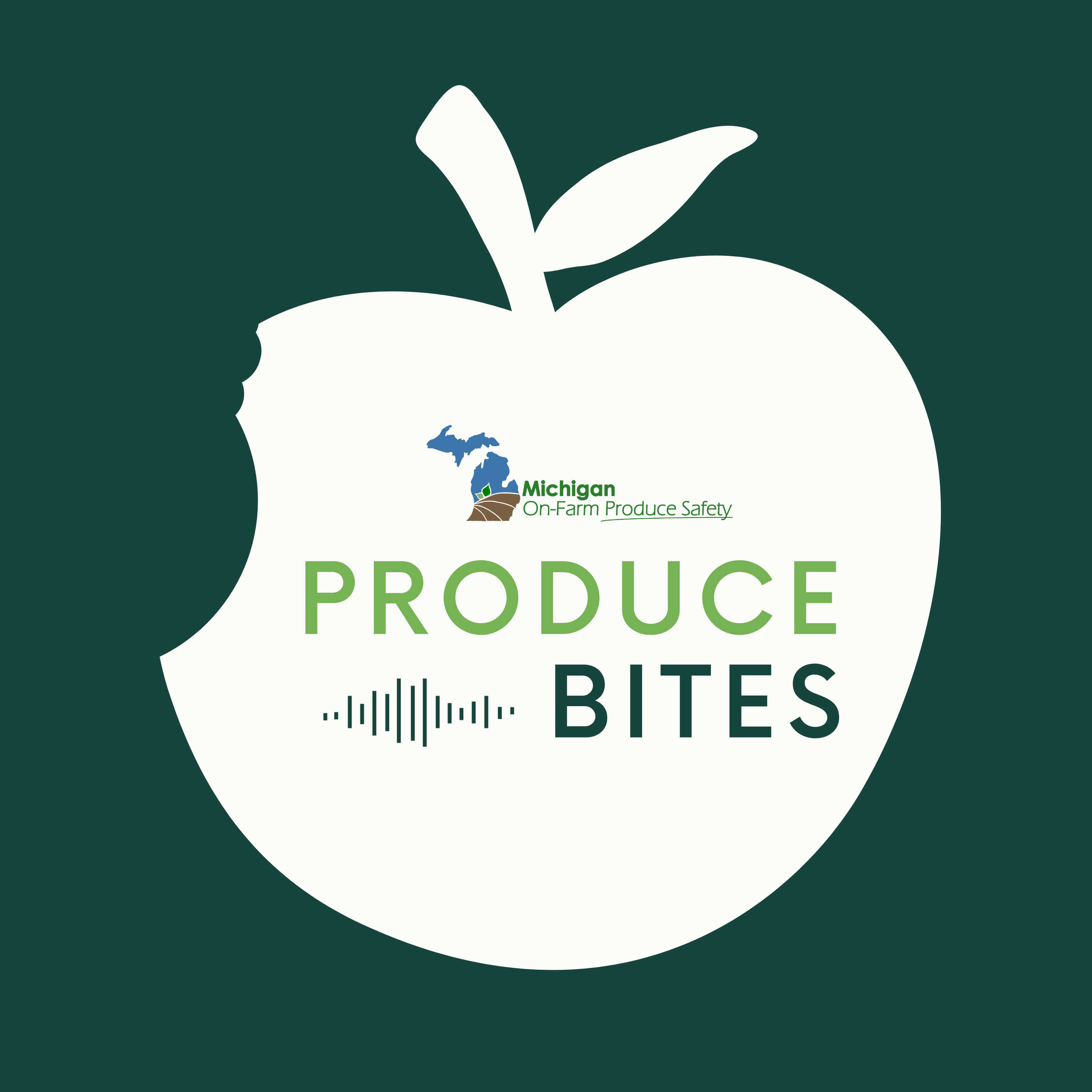 |
Translating ProteomicsExplore important issues in proteomics, deepen your love of science, and question assumptions about what may be possible. Author: Nautilus Biotechnology
Translating Proteomics explores the science of proteomics and its growing impact on biological research, biomarker discovery, drug development, food and energy security, and a range of other timely topics.Hosts Parag Mallick Ph.D. and Andreas Huhmer Ph.D. of Nautilus Biotechnology aim to share their perspectives on important issues in proteomics, deepen your love of science, and prompt you to question assumptions about what may be possible. Language: en Genres: Life Sciences, Science Contact email: Get it Feed URL: Get it iTunes ID: Get it |
Listen Now...
AI and Statistics in Proteomics and Systems Biology
Episode 27
Wednesday, 25 February, 2026
Professor Olga Vitek has a deep understanding of statistics, machine learning, and computational biology. She puts her know-how to work to develop computational tools enabling high-quality proteomic analysis and systems biology approaches. She hopes to apply these tools to the quantitative analysis of large-scale mass spectrometry-based investigations and thereby advance our understanding of organismal function. In this episode, Parag and Professor Vitek discuss:Why statistics is important for experimental designHow statistics and AI can help researchers understand biologyGaps keeping us from using AI and statistics to their maximum potential in biologyResourcesStatistical methods for studies of biomolecular systems websiteOlga’s personal lab websiteBeyond protein lists: AI-assisted interpretation of proteomic investigations in the context of evolving scientific knowledgeGyori and Vitek, 2024 discuss how AI can be used to interpret proteomics data and its biological meaning.A Bayesian Active Learning Experimental Design for Inferring Signaling NetworksNess et al., 2018 show how statistical methods can guide the selection of experiments that optimally enhance understanding












